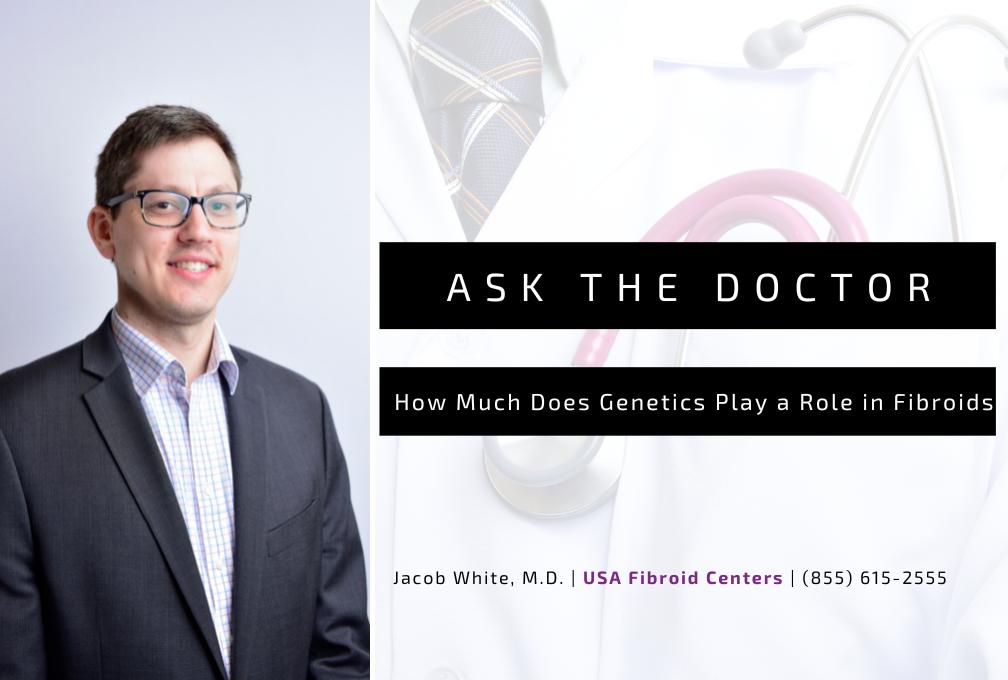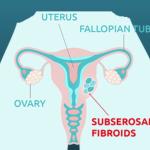
Are Uterine Fibroids Genetic?
If you think you might have uterine fibroids or someone in your family has been diagnosed, you may wonder if fibroids are genetic. The answer is that it’s possible. While the exact cause of fibroids is unknown, research suggests genetics may play a role.
How Much Do Genetics Play a Role in Uterine Fibroids?
Studies have shown that women with one or more close relatives who have suffered from fibroids, particularly their mother, grandmother, aunts, or sisters, are more likely to develop them themselves at some point in life. This suggests that genetics may be a factor in the development of fibroids.
Do I Have a Higher Risk of Fibroids if My Mother Has Them?
Genetics can play a role in the development of uterine fibroids. If your mother has fibroids, you are more likely to develop them yourself. However, it’s important to remember that genetics is not the only factor determining whether you will develop fibroids. Other factors, such as age, race, and obesity, can also increase your risk.
However, if your mother has fibroids, your risk of developing them yourself is about three times higher than someone who does not have a family history of fibroids. However, this does not mean you will develop fibroids. Many women with a family history of fibroids never develop them themselves.
How to Talk to Your Daughter About Fibroids
As a mother, you want to prepare your daughter for life as a woman. This includes talking to her about menstruation, but it’s also important to talk to her about fibroids. Fibroids are benign tumors that develop in the uterus and can cause various symptoms, including heavy menstrual bleeding, pain, and pressure.
It’s also important to talk to your daughter about the symptoms of fibroids. These symptoms can vary from woman to woman, but some of the most common include:
- Heavy menstrual bleeding
- Painful periods
- Pressure or fullness in the pelvis
- Frequent urination
- Constipation or diarrhea
Here are some additional tips for talking to your daughter about fibroids:
- Be open and honest about your own experiences with fibroids.
- Use clear and simple language that she can understand.
- Answer her questions in an age-appropriate way.
- Be patient and understanding.
Talking to your daughter about fibroids can be a difficult conversation, but it’s an important one. By starting the conversation early, you can help her to understand her body and to make informed decisions about her health.
You should also be honest about your experiences with fibroids, if any. The goal is to help her understand the condition and feel comfortable talking to you about it if she has any questions or concerns.
Get Answers and Find Fibroid Treatment
Even if uterine fibroids are genetic, you can choose your next steps. No one should be forced to live with the chronic pain, discomfort and disruptive routine that often comes with having fibroids. If you or a loved one are looking for lasting relief from fibroid symptoms, USA Fibroid Centers can help.
We offer uterine fibroid embolization (UFE), a minimally invasive procedure that is used to treat fibroids. During UFE, a catheter is inserted into an artery in the leg and threaded up to the uterus. Tiny particles are then injected through the catheter into the arteries that supply blood to the fibroids. This blocks the blood supply to the fibroids, causing them to shrink.
UFE is a safe and effective treatment for fibroids. It is an outpatient procedure, which means you go home the same day, there is less pain and recovery time than with surgery, allowing women to return to their everyday activities within a week or two.
For more information about fibroids or to learn more about diagnosis and treatment, call us at 855.615.2555 or click the button below. Our fibroid specialists are here to answer any questions and guide you toward the treatment plan that’s right for you.
TALK TO A FIBROID SPECIALIST TODAY
JACOB WHITE, M.D.
Dr. Jacob White has been studying and practicing interventional radiology for 15 years. He has conducted research at Drexel Hahnemann University Hospital Radiology, Georgetown University Hospital Radiology, and the National Institutes of Health Radiology. He has contributed extensive research and knowledge to the medical academy through many presentations and publications. He is the Director of Fibroid Services at USA Fibroid Centers. All of our doctors specialize in minimally invasive, non-surgical procedures to treat uterine fibroids.
Interested in up-to-date information regarding our clinics, doctors, patient stories, and treatments? Give us a like or follow on Facebook: https://www.facebook.com/usafibroidcntrs/ or Twitter: https://twitter.com/USAFibroid



